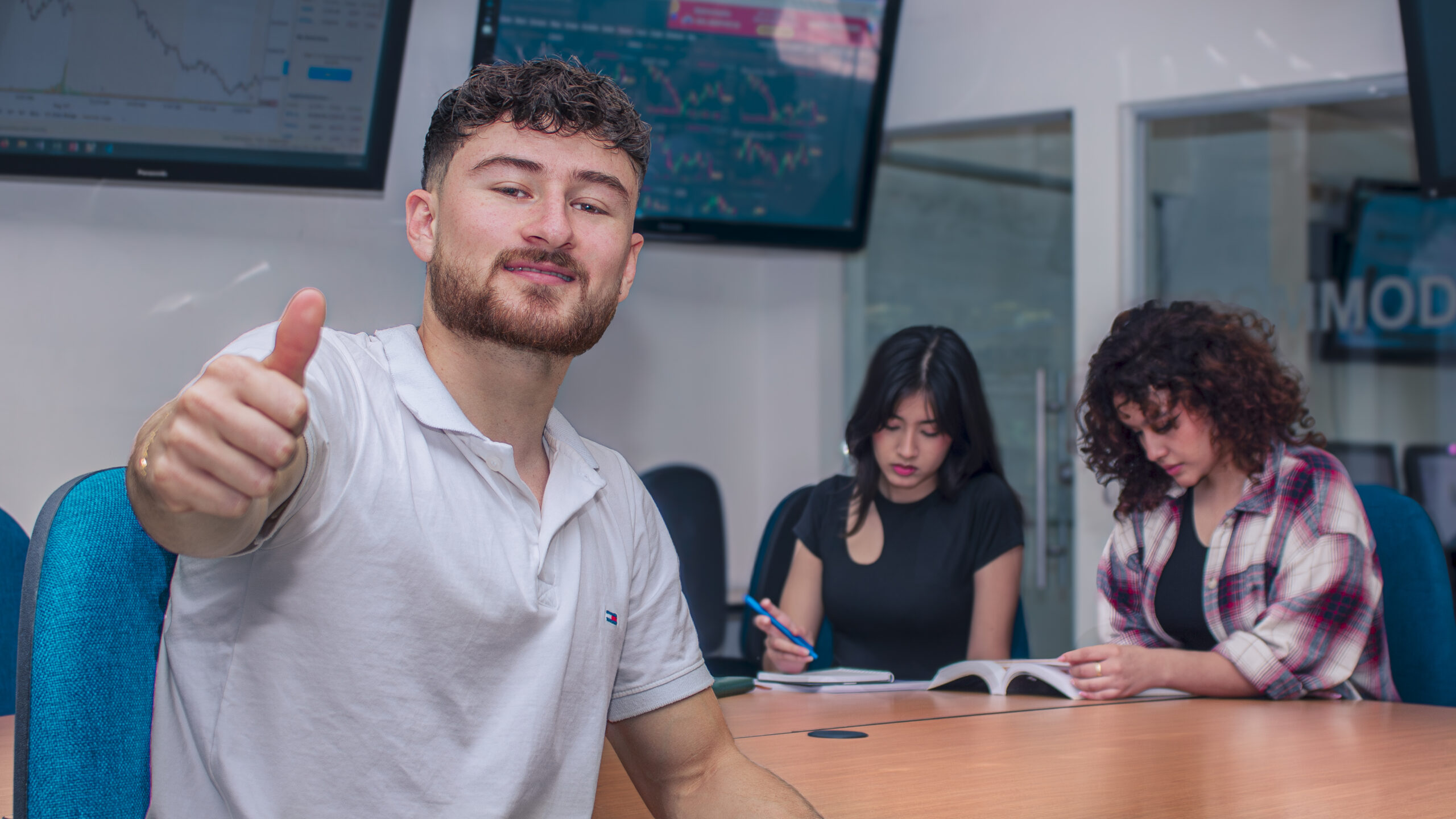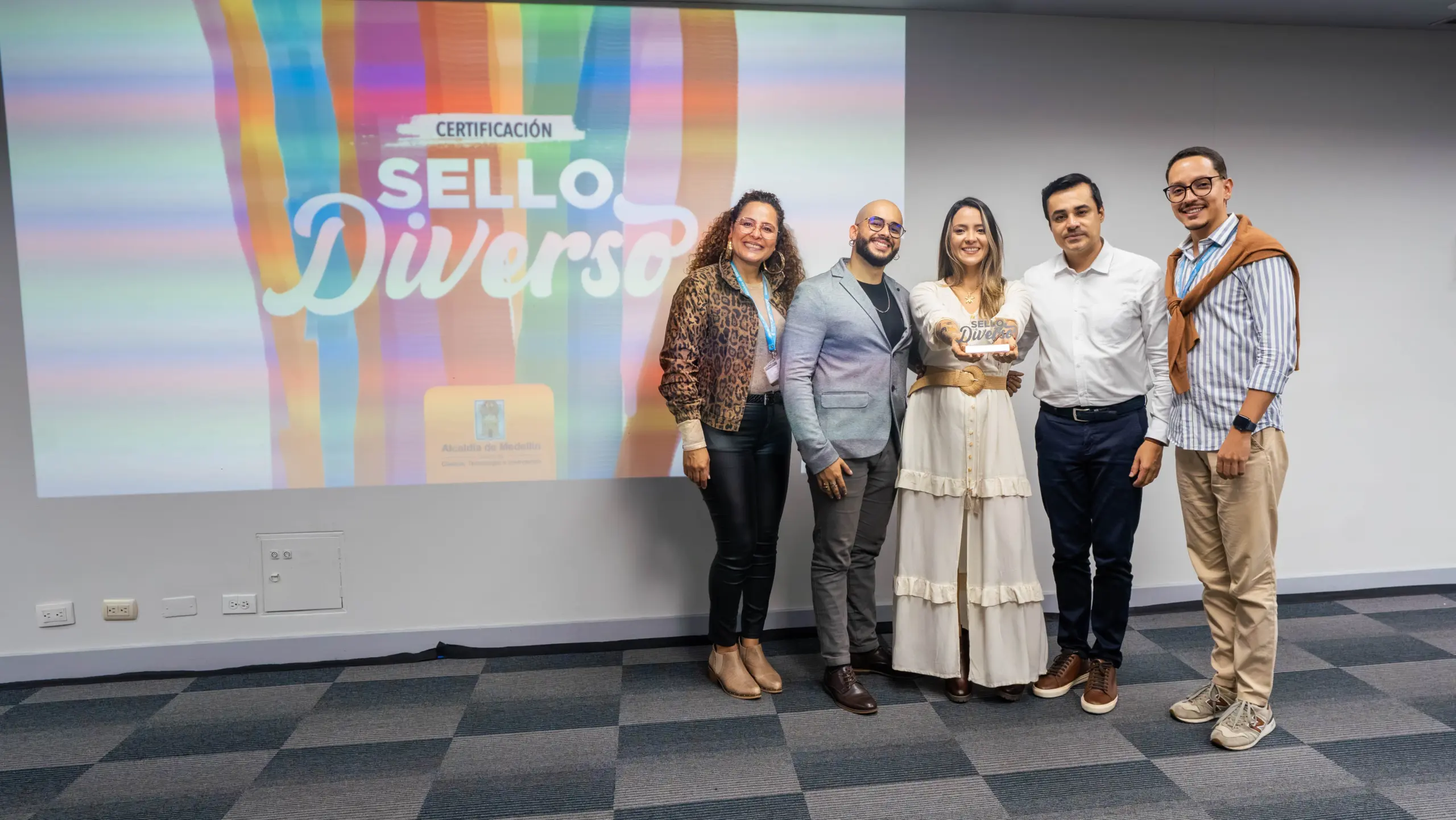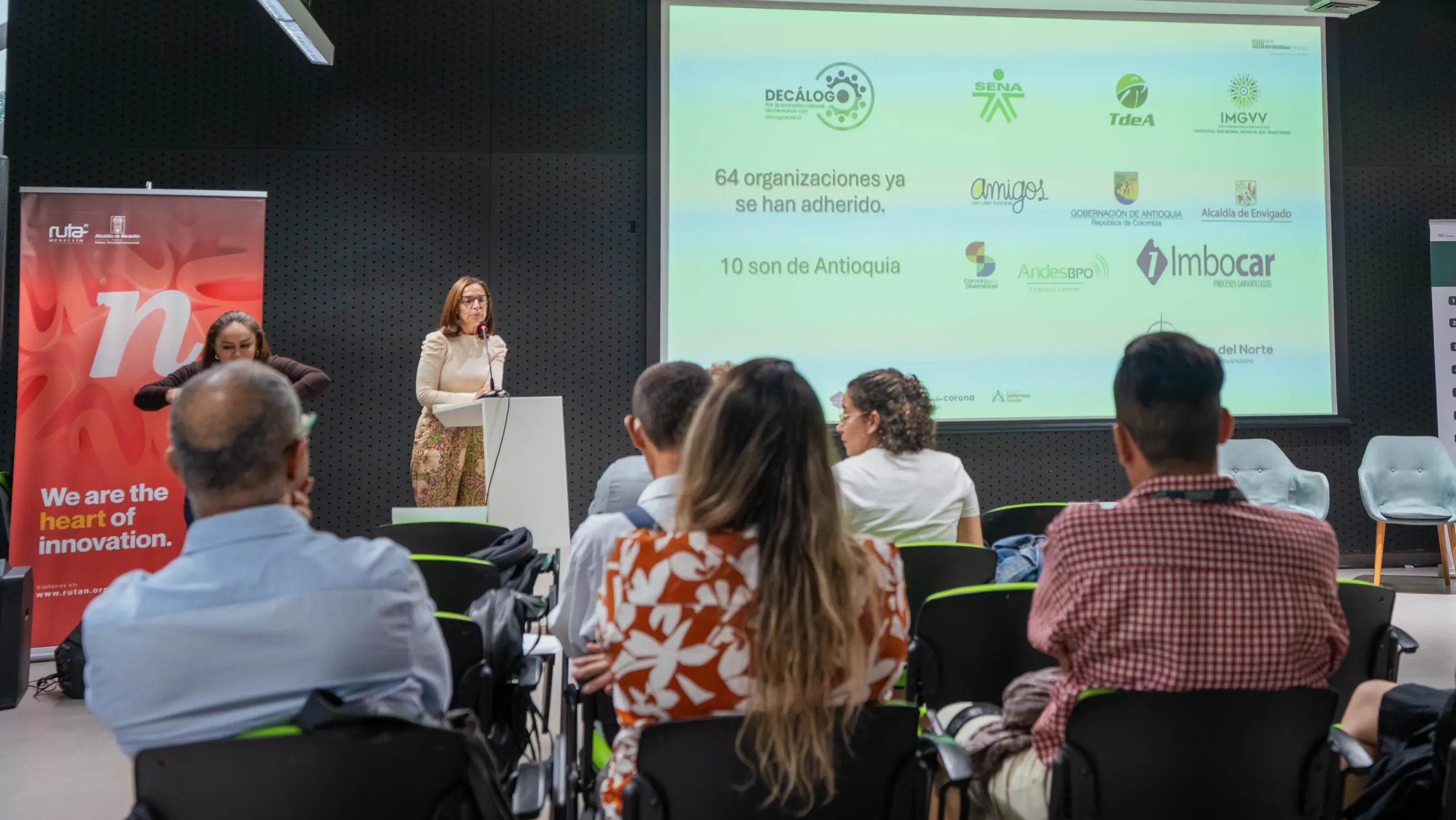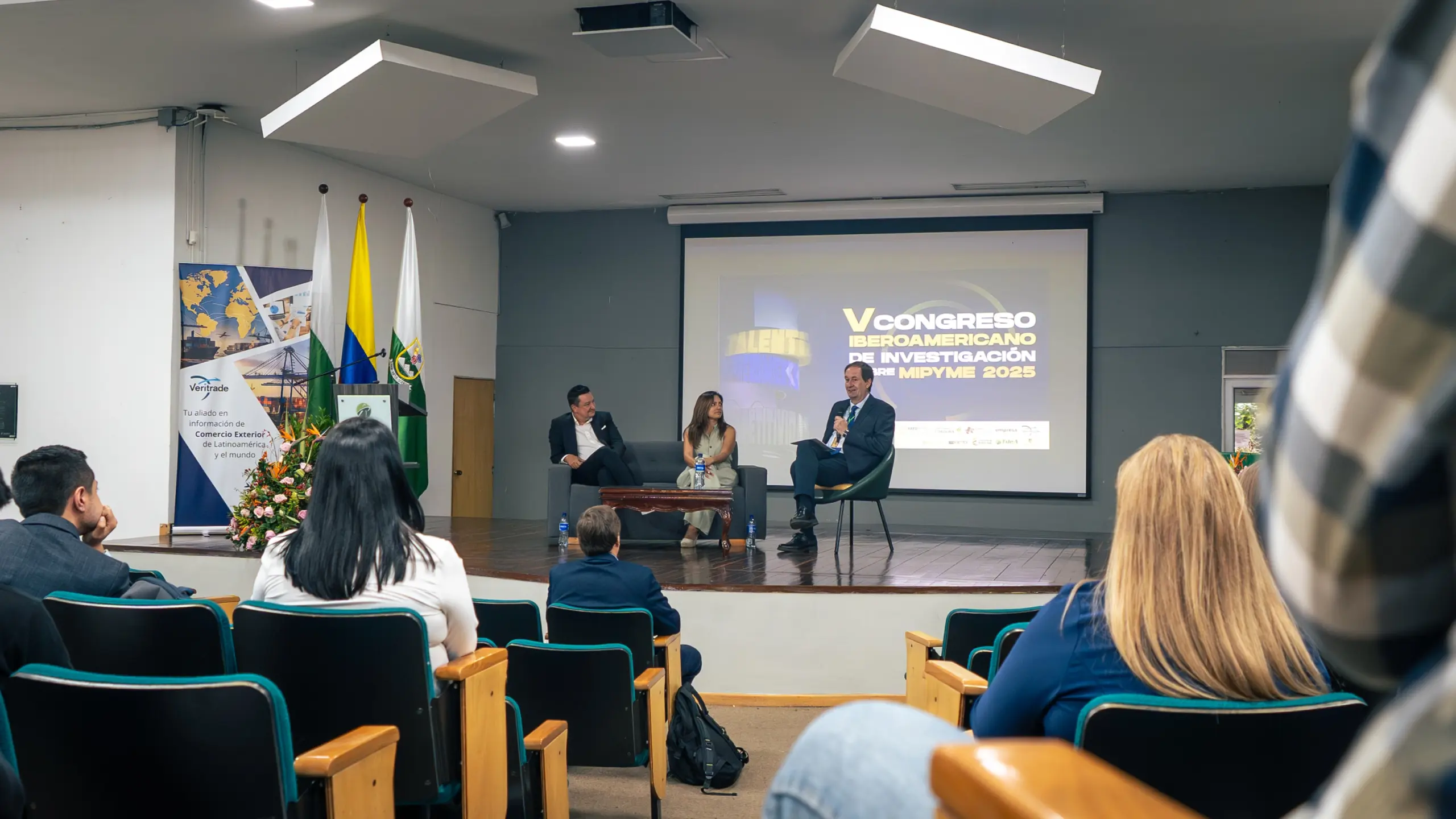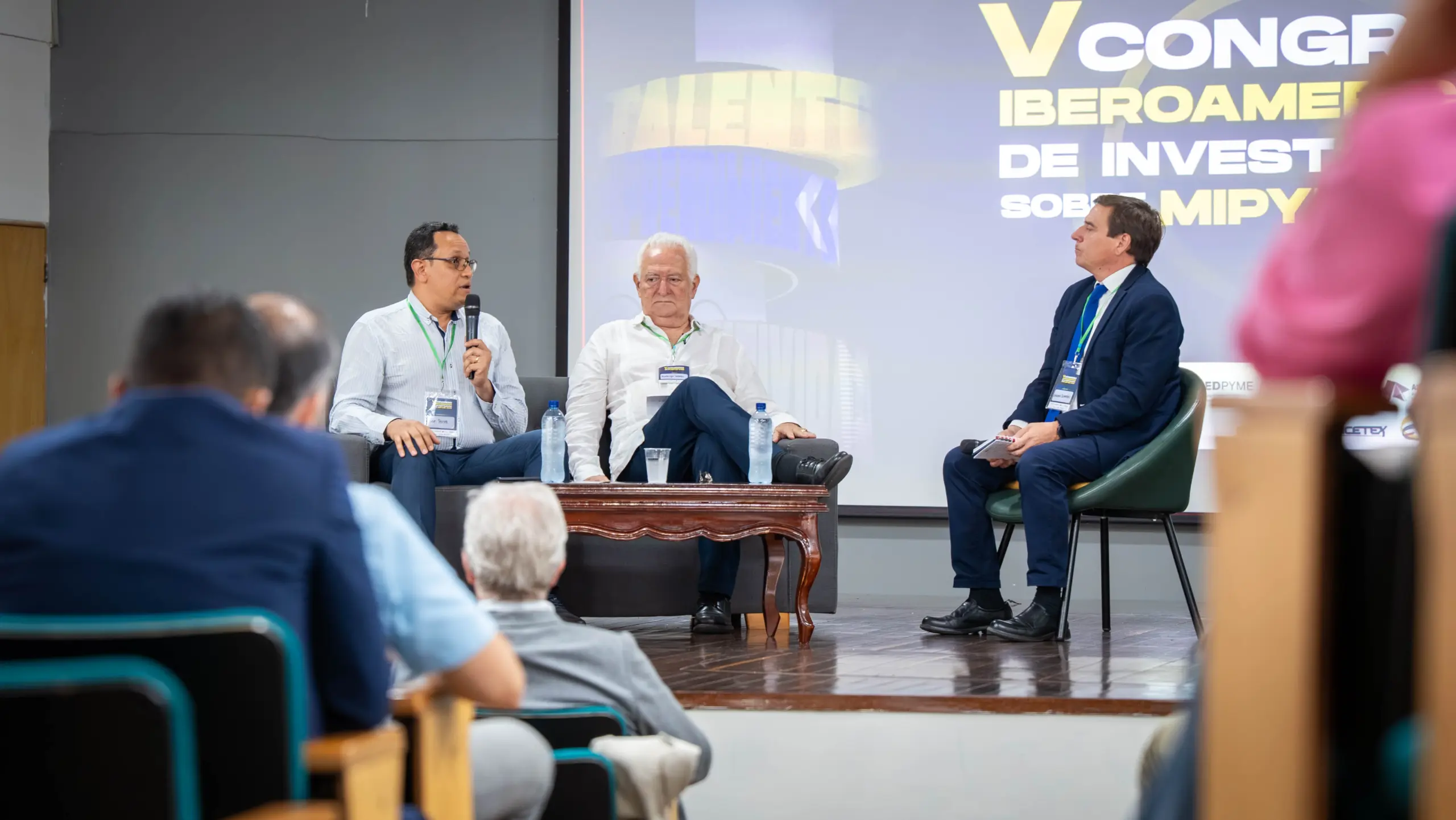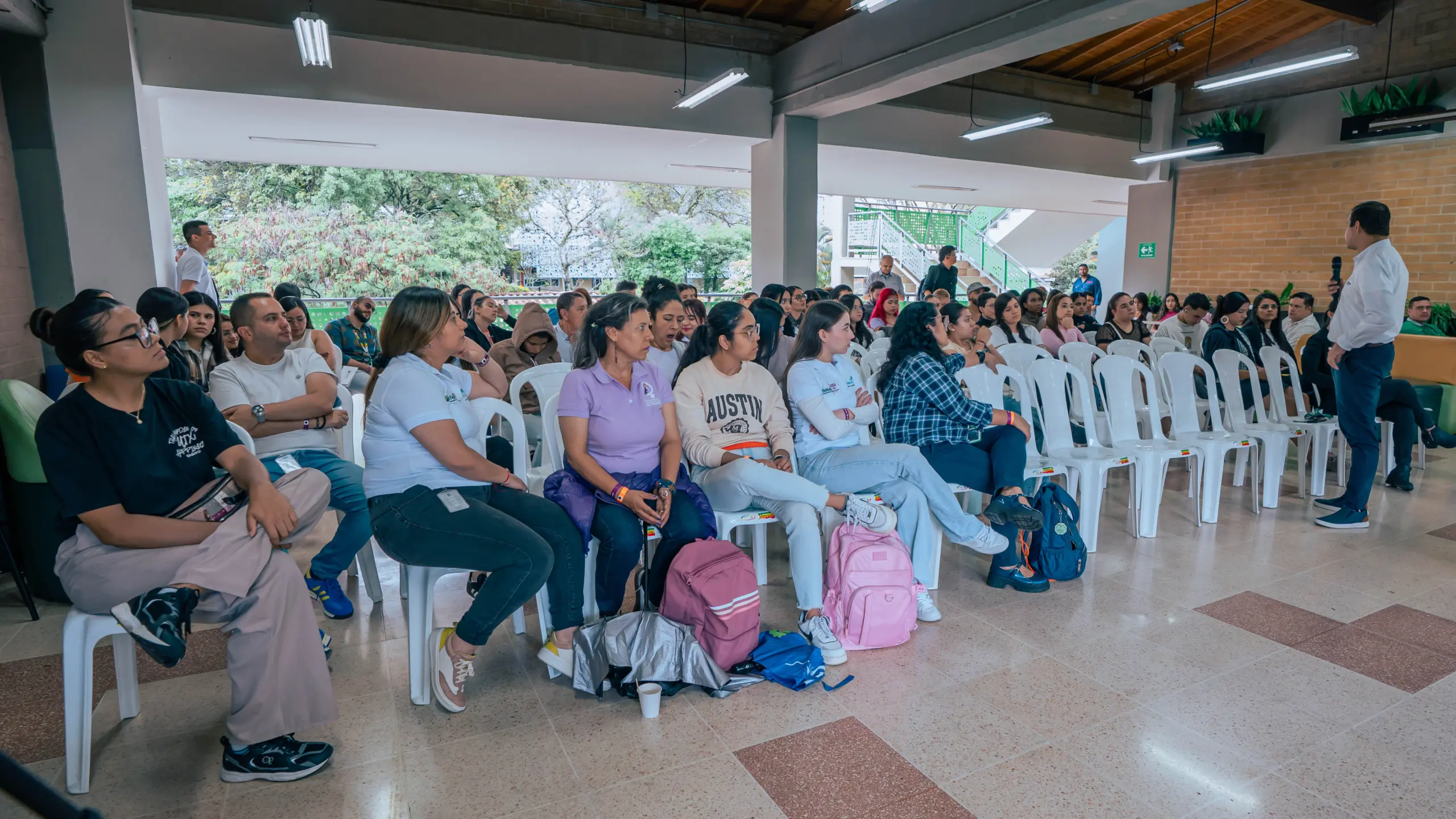
COMUNICADO PROCESO DE MATRÍCULA 2026-1
ESTUDIANTES DE PREGRADO NUEVOS/ANTIGUOS Se informa a los estudiantes de pregrado antiguos, reingreso y transferencias que deben realizar la matrícula (escogencia de horarios y asignaturas) los días 5, 9, 10, 11 y 12 de diciembre de 2025, correspondiente al periodo 2026-1, en los turnos asignados por Admisiones y Registro en el Sistema Campus. A los […]
